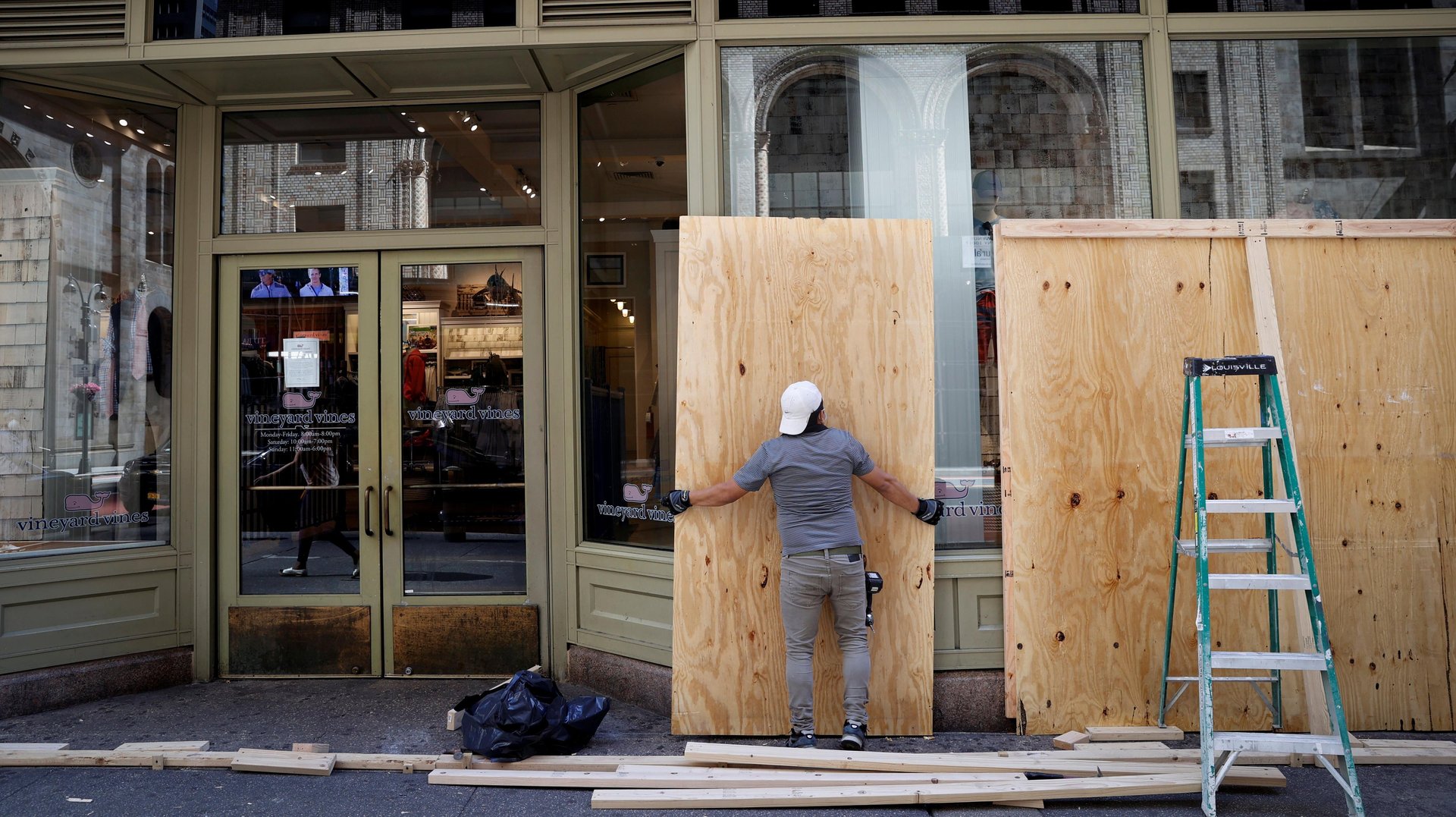Most US workers say their job isn't extremely important to their identity
Workers with a postgraduate degree are more likely to see their job as central to who they are

There are many ways to find meaning in life, and one popular vehicle for that is through work. But a new survey from Pew Research Center found that only 39% of workers say their job or career is extremely or very important to their overall identity.
Suggested Reading
Those who did respond that way were likely to be either workers with a postgraduate degree or people with higher incomes. The share of workers who see their job or career as central to their overall identity doesn’t vary significantly by gender, race, ethnicity, or age, according to the survey.
Related Content
“In a lot of ways when we talk about work ... the breaks are around people with and without a bachelor’s degree,” said Juliana Horowitz, associate director of social demographic trends research at Pew. “We know that some of this speaks to the types of industries that people are in—their level of investment in their in their careers, both in time and money.”
In terms of industries, Pew found that workers in healthcare, education, government, and technology are more likely to say their job or career is extremely or very important to their overall identity. Those in hospitality, manufacturing, trade, and agriculture were less likely to say that.
In the midst of workers quitting at higher rates than before the pandemic, Pew surveyed over 5,000 US adults who are working part-time or full-time on how they view their jobs and workplace satisfaction. The survey was conducted between Feb. 6 and Feb. 12, 2023.
Lower-income and higher-income US workers view their job differently
Lower-income workers are more likely to see their jobs as a way to pay their bills and to make a living. For people with upper incomes, work is also their livelihood, said Horowitz.
Upper-income workers are more likely than lower-income workers to say they’re extremely or very satisfied with their job overall. Not surprisingly, they’re also more likely to say the same about the benefits their employer provides, opportunities for training and promotions, and how much they are paid, according to Pew.
But there is a drawback to all this career satisfaction: Upper-income workers and those with postgraduate degrees are also the ones most likely to respond to messages outside of work hours, Pew found. This all feeds into this notion of how blended work and personal life can be for some people—and perhaps helps explain why some see their job as so central to who they are.
